LENTEN PRACTICES taken from LOVE IS HIS LAW, LOVE IS HIS WAY . The family group discussed, “A sacrifice is essentially something offered to God. It can mean taking up something, doing, making, giving extra time for the benefit of others but offered to God.” “Jack added, “I have noticed that time was taken for churchy things but not much was done at home. This Lent we can focus more on that. Making up your own Family Lenten calendar and building in environmental needs gives ideas for action and prayer during Lent in the family.” “We can even pray the Stations of the Cross for Families at home!”
Study and Read: subscribe to eco-friendly newsletters on-line. Select topics of interest to study further on climate, biodiversity and simpler lifestyle. Read up on biomimicry. Read up on water saving, electricity saving, carbon footprints, healthy diets. Watch TV series and programmes on climate action and protection of creation around the world. Read up St Francis life and way of life and study Pope Francis writings especially Laudato Si’ and Fratelli Tutti.
Do: Do a family project on becoming eco-friendly: pray privately and together, do faith sharing ideally together, check your family carbon footprint and make adjustments to reduce it. Save energy and water, grow herbs, vegetables, trees, eat more healthily – less meat, more vegetables. Support conservation projects for wild life, birds, bees, insects. Lobby about chosen issues – plastic pollution, environmental clean-up. Donate unused items to charity. Family fast days (Friday fast) can save money and donate it for feeding projects. Exercise to keep fit. Hold a Family Reconciliation service and if possible Confession. Have a Family Prayer Meal.
Save money: Cut down alcohol, smoking, fizzy drinks, junk food, bottled water, car use. Think twice before you spend, do clothes-swop, buy in bulk and share. Have a meatless day,
Waste reduction: Recycle. Avoid single use plastics, styrofoam, avoid wasting food, compost food wastage.
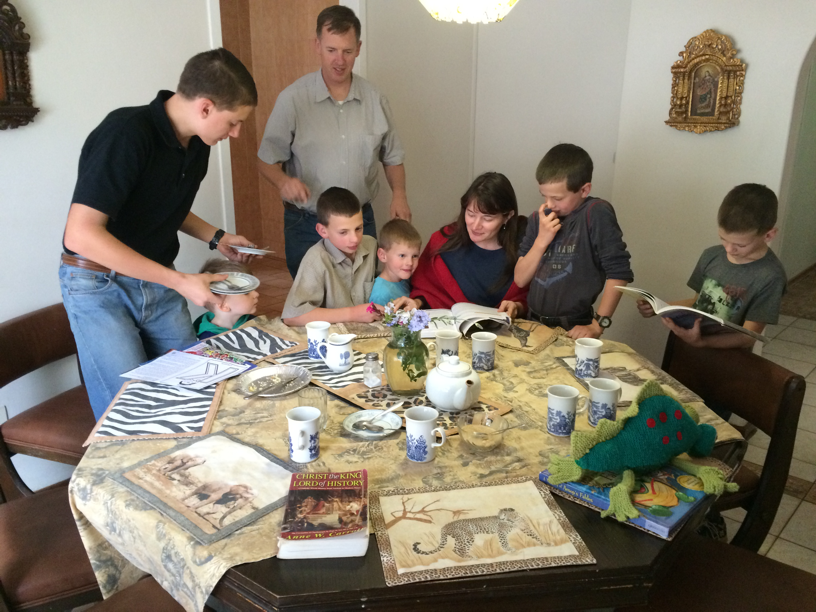
Energy Saving: Do energy use check, switch off unnecessary and unused lights, TV and plugs. Use solar power and rechargeable batteries. Cut TV, computer and cellphone time to save energy and data.
Water saving: Use “grey” water from bath, shower and washing for toilets and garden. Don’t run taps when not needed. Use drip irrigation in garden or veggie patch.
Recycle: Contribute to recycling projects. Plastic, paper, glass, make ecobricks out of plastic 2l bottles stuffed with plastic waste.
General: clean up environment, plant trees, support ecological campaigns in church, school and society. Make time for relationships and relaxation by cutting time on-line or cellphone.
Care for others: Befriend, share, give to poor, give away unused items, show care for sick and lonely.
REFLECTIONS
March 6. Justice and the Death penalty. Andrew was part of the Catholic Students’ society at university. He shared, “We have been discussing the rights – excuse the pun – and wrongs of the death penalty, of prisons and pardons. I used the example of the woman Lisa Montgomery, who was executed in the US on January 13, 2021, the last woman to be executed under former president Donald Trump. He did not agree to granting her clemency or pardon. Admittedly she had committed a very serious crime, killing a pregnant woman and cutting out her baby, but her own life story was equally horrific. She had been constantly raped, abused and beaten from childhood and throughout her life until she could hardly be considered capable of right judgement. Trump did pardon a number of people, some who had been his friends and accomplices in political crimes. Where is true justice and when should it be tempered with mercy?”
Scripture: Who is a God like you, pardoning iniquity and passing over transgression for the remnant of his inheritance? He does not retain his anger forever because he delights in mercy. Micah 7:14-20.
Pope Francis: The arguments against the death penalty are numerous and well-known. All Christians and people of good will are today called to work not only for the abolition of the death penalty, legal or illegal, in all its forms, but also to work for the improvement of prison conditions, out of respect for the human dignity of persons. A life sentence is a secret death penalty. FT 268.

From CARE FOR CREATION. St Francis valued and protected all God’s creatures and all forms of life, living or non-living, recognizing their rights and seeing them all as symbols of God’s life and love. His biographer writes, “When he washed his hands he chose a place where the water wouldn’t be trampled underfoot. When he walked over rocks he walked with reverence out of love for Him who is called, ‘The Rock’.”
Reflect, share, act, pray. How can our family act in protecting the right to life within all forms of creation?
March 7. Sunday, Lent 3B. “Love is his law.” Moira shared, “It is a pity that there has been so little catechism this last year due to the various lockdowns.” “But families have had a chance to do their own “family catechesis” haven’t they?” Benny asked. ”I know in my family we had a whole discussion about the Ten Commandments. I first had to check if the teenagers could remember them, but it turned out to be very helpful to talk about an important related issue. The commandment may be, “Do not commit adultery” but for today the high incidence of gender-based violence is certainly a related issue.
Scripture: In those days God spoke, “I am the Lord your God, who brought you out of the land of Egypt, out of the house of bondage. You shall have no other gods before me. You shall not bow down to them or serve them. For I, the Lord am a jealous God. You shall not kill. You shall not commit adultery. Ex 20:1-17.
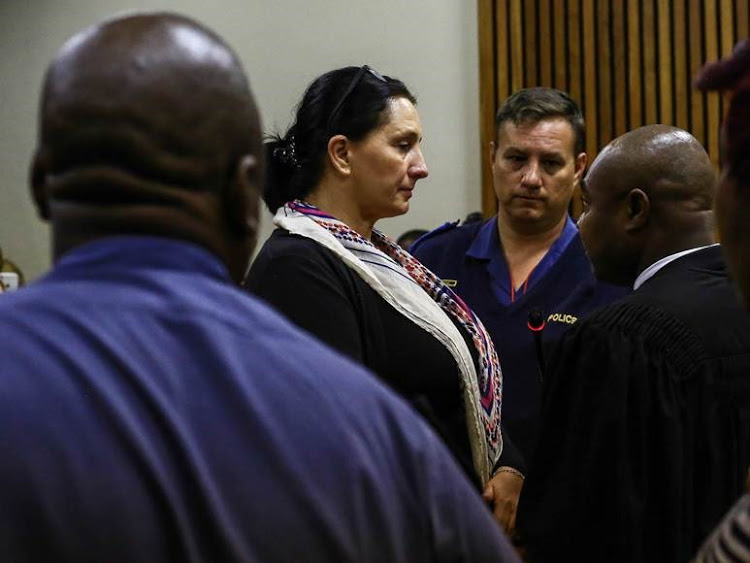
Pope Francis: Every man and woman is created out of love and made in God’s image and likeness. Each person is not just something, but someone, capable of self-knowledge and self-possession and of freely giving himself and entering into communion with other persons. The relationships with God, our neighbour and the earth have been broken by sin. St Francis experienced harmony through universal reconciliation with every creature. This is a far cry from our situation today where sin is manifest in all its destructive power in various forms of violence and abuse. LS 65-6.
Reflect, share, act, pray. How can we contribute to harmony and reconciliation in creation and especially in human relationships? What action can we take against cruelty to animals, poaching or gender-based violence?




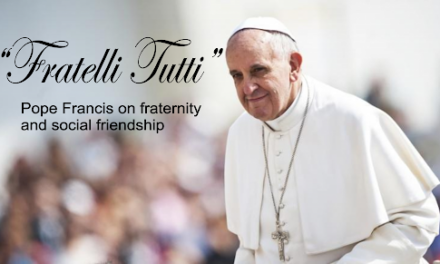
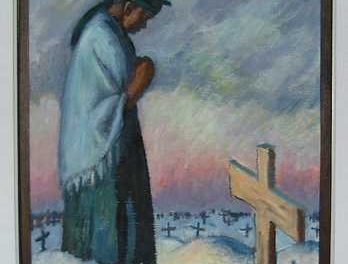
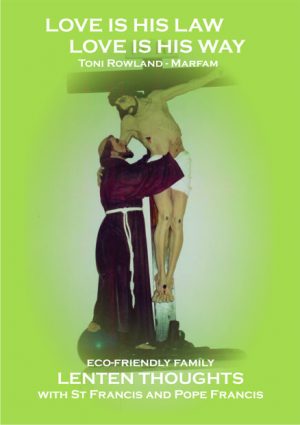
Recent Comments